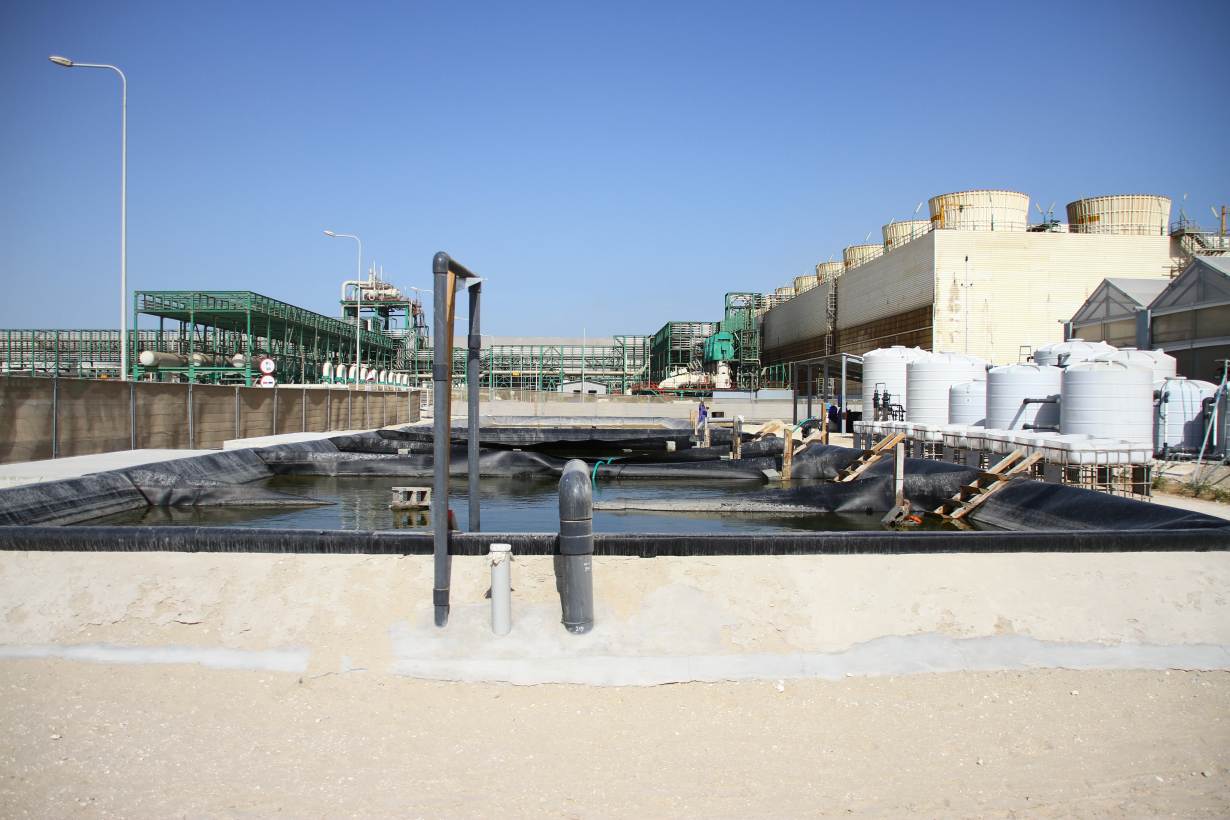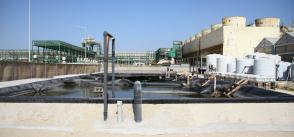
Solar energy and salt water power vegetable farms in the desert
Agriculture of tomorrow: A Norwegian company is setting up a solar-powered facility to grow vegetables without wasting a drop of fresh water.
With scorching summer temperatures and little rainfall, the barren scrublands around the port of Aqaba in Jordan, one of the world's most arid countries, might seem ill suited to cultivating cucumbers.
Yet a Norwegian company is setting up a solar-powered, 20 hectare (50 acre) facility that promises to grow a variety of vegetables without wasting a drop of fresh water.
"We take what we have enough of - sunlight, carbon dioxide, seawater and desert - to produce what we need more of - food water and energy," said Joakim Hauge, chief executive of the Sahara Forest Project.
Harnessing abundant resources to generate scarce ones will be key to feeding a growing global population, set to reach 9 billion by 2050, without damaging the environment or accelerating climate change, he said.
Food production must rise by about 60 percent by 2050 to generate enough for everyone to eat, according to the United Nation's Food and Agriculture Organisation (FAO).
Read the full article by Umberto Bacchi via Thomson Reuters Foundation.
[Photo courtesy of Sahara Forest Project | Flickr]







